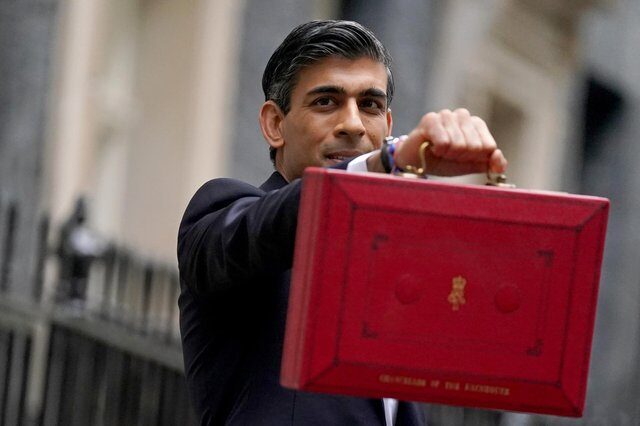
Alongside the Budget, the Chancellor announced his new Charter for Budget Responsibility, which will be voted on by the House of Commons. This will contain two new fiscal rules: that underline public sector net debt must be falling; and that, in normal times, the state should only borrow to invest in future growth and prosperity, with day-to-day spend met by taxation. Both these rules have been met in this Budget.
Against a challenging backdrop of rising inflation expected to hit 4% next year, the Office for Budget Responsibility (OBR) have confirmed 6.5% GDP growth bounce back from last year, with 6% forecast for 2022 and their economic scarring assumption revised down from 3% to 2%. They expect the UK economy to return to pre-covid levels at the turn of the year.
Please see key points for West End businesses below:
Business Support & Grants
- Business Rates will now receive a revaluation every three years, starting in 2023. The planned, inflation linked increase in the Business Rate multiplier has been cancelled and there will be a further 50% Business Rate discount for businesses in the retail, hospitality and entertainment sectors for one year, capped at £110,000. Businesses will also receive tax reliefs for green investments and property improvements.
- Online Sales Tax consultation (OST) – The government will continue to explore the arguments for and against a UK-wide OST. The government will publish a consultation shortly. If introduced, the revenue from an OST would be used to reduce business rates for retailers in England.
- Simplifications to alcohol duty, with 15 rates being cut to 6, will see lower duty on sparkling wines and reliefs for small producers. Rates on draft beers and ciders will also be cut by 5%, helping pubs, and the planned increase on duty on spirits will be cancelled.
- Support for English airports for further 6 months.
- Suspension of the HGV levy until August 2022 and freezing of Vehicle Excise Duty for HGVs.
Employment & Personal Income
- 6% rise in national living wage to £9.50 per hour for workers over 23 from April 2022
- 25% hike in National Insurance contributions and dividends tax
- Public sector pay freeze to end
- Universal Credit taper cut by 8%, from 63% to 55%
- £3.8 billion increase in skills funding
Public Finances & Taxation
- Corporation tax will see the £1 million investment allowance extended to March 2023
- Banks surcharge within corporation tax will be retained, increasing from 27% to 28%, with challenger banks given an increase in their annual allowance to £100 million to improve competition.
Infrastructure & Sustainable Growth
- £2.6 billion for long term local road upgrades
- £1.4 billion Global Britain Investment Fund
- £1.8 billion for regenerating brownfield sites
- £20 billion per year on R&D – an increase of 50% – in addition to R&D tax reliefs
- Scale-up high-skills visa eligibility criteria confirmed
- First round of the levelling up fund will be allocated across the UK
Culture & Sport
- £800 million for British museums, libraries, galleries and local culture
- Tax relief for museums extended to March 2024
- £200 million to build or improve sports pitches across UK
- £560 billion for youth services
Key Government Links
In response to the budget, Chief Executive Jace Tyrrell, commented specifically on the business rates announcements:
“It’s encouraging to see the Chancellor finally act upon the need to reform the business rates system. Cancelling the inflation linked rise to the multiplier may ensure that rates won’t go up this year, but they are still too high.
Reducing the time between revaluations to three years is welcome as is the short term relief for investment in improvements and sustainability.
A 50% discount for the retail and hospitality sectors will help some struggling high street businesses but not all.
But by capping the 50% high street discount at £110,000 it means little to city centre businesses. For a West End store it will result in under a 1% cut in their business rate bills for just one year.
All this results in a cut of around £1bn each year on a £25bn business rates bill. That’s around a 4% cut. This falls far short of a fundamental review. It is a very disappointing outcome.
It does little in the long term to meet the government’s manifesto commitment to reduce the burden of business rates on businesses.”




